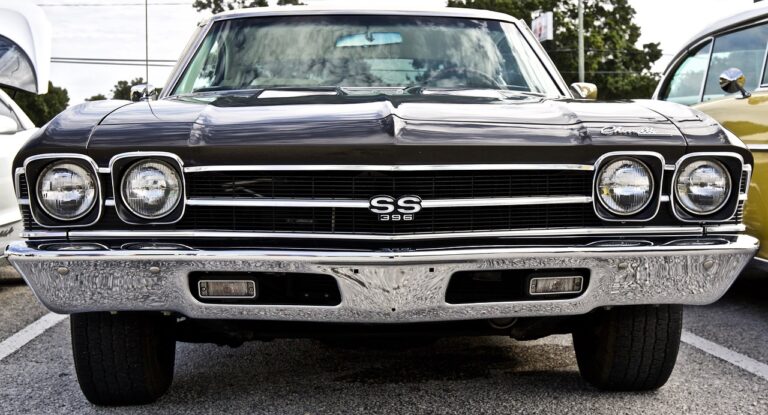The Role of Precedent in AV Liability Cases: Cricbet99, Sky11 bet, Play lotus365
cricbet99, sky11 bet, play lotus365: Imagine you’re driving down the road in your autonomous vehicle (AV), enjoying the convenience of technology whisking you away to your destination. Suddenly, a pedestrian steps out in front of your car, and you’re left wondering who is liable for the accident – you or the AV manufacturer?
The Role of Precedent in AV Liability Cases
1. What is Precedent?
Precedent refers to previous court decisions that serve as a guide for future cases. In the realm of AV liability cases, precedent plays a crucial role in determining who is responsible for accidents involving autonomous vehicles.
2. Establishing Liability
One of the main challenges in AV liability cases is determining who should be held accountable for accidents. Precedent helps establish guidelines based on past rulings, which can be applied to similar cases in the future.
3. Manufacturer Liability
In many AV liability cases, manufacturers have been held responsible for accidents caused by flaws in the technology or design of autonomous vehicles. Precedent can be used to support these claims and ensure that manufacturers are held accountable for any negligence on their part.
4. Driver Liability
On the other hand, precedent can also be used to determine when a driver should be held liable for accidents involving AVs. If it can be proven that the driver was negligent or failed to follow safety protocols, they may be deemed responsible for the accident.
5. Evolving Precedent
As AV technology continues to advance, the legal landscape surrounding liability cases is constantly evolving. Precedent plays a crucial role in adapting to these changes and ensuring that justice is served in cases involving autonomous vehicles.
6. Setting a Precedent
Each AV liability case has the potential to set a new precedent that will influence future rulings. It is essential for courts to consider the implications of their decisions and how they may impact similar cases down the line.
FAQs
Q: Can a driver be held liable for accidents involving autonomous vehicles?
A: Yes, if it can be proven that the driver was negligent or failed to follow safety protocols, they may be held responsible for the accident.
Q: Are manufacturers always held liable in AV liability cases?
A: Not always. Manufacturers may be held responsible for accidents caused by flaws in the technology or design of autonomous vehicles, but driver negligence can also play a role in determining liability.
Q: How does precedent impact AV liability cases?
A: Precedent serves as a guide for determining liability in AV cases, providing a framework for courts to follow in similar situations.
In conclusion, precedent plays a crucial role in AV liability cases, helping to establish guidelines for determining liability and ensuring that justice is served in accidents involving autonomous vehicles. As technology continues to advance, it is essential for courts to adapt to these changes and evolve their approach to precedent in order to keep up with the ever-changing landscape of AV liability cases.







